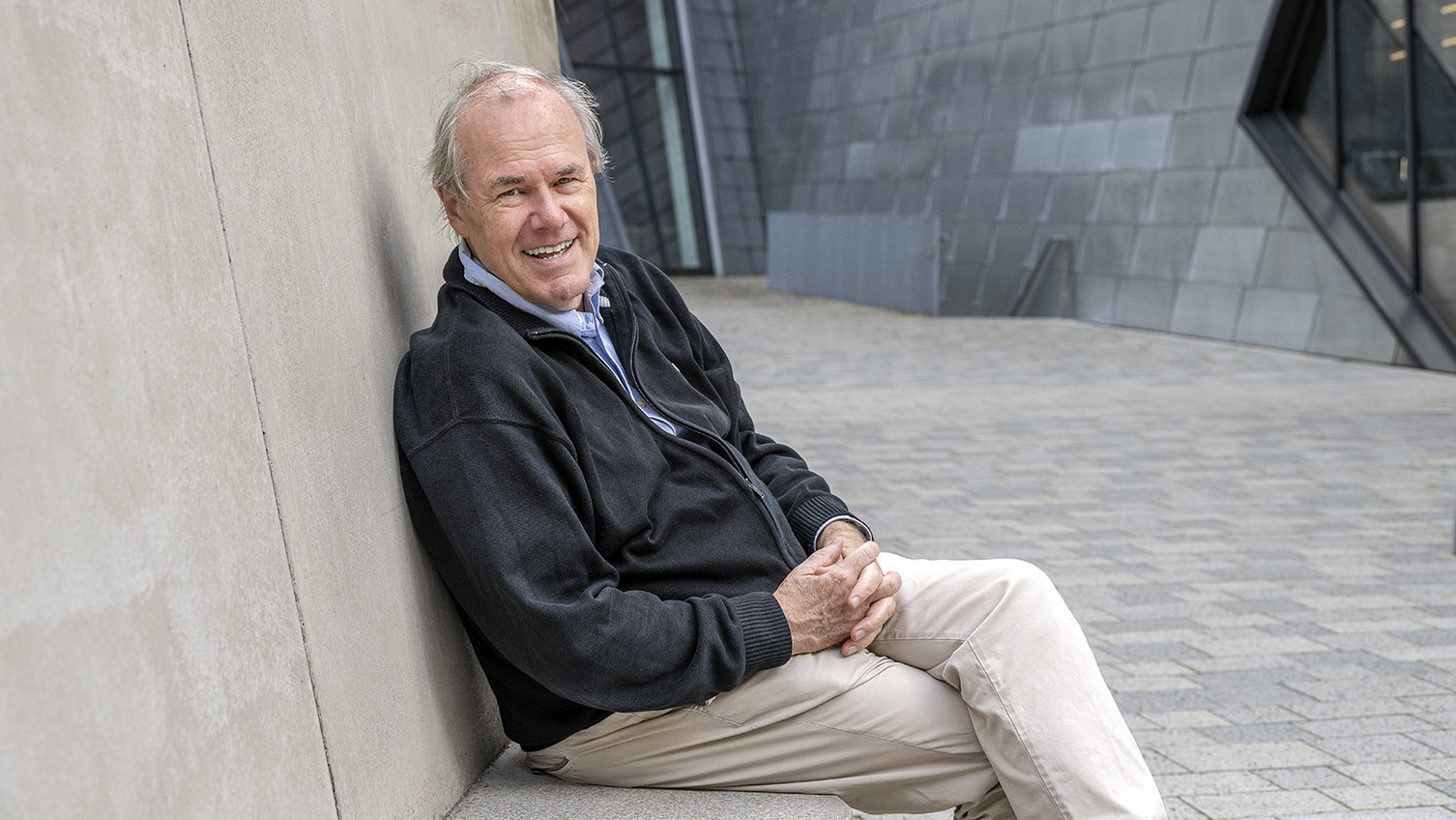Senior Fellow 2024/25
Alex Demirović is an associate professor at the Faculty of Social Sciences at Goethe University in Frankfurt am Main. His research focuses on the critical theory of society, the state, and democracy as well as on the dynamics of crises and catastrophes.
After studying philosophy, sociology, and German studies at Goethe University in Frankfurt, he obtained his doctoral degree with an epistemological study of Marxist aesthetics. In 1992, he earned the formal qualification for professorship (habilitation) in political science and political sociology.
His empirical studies on racism and right-wing extremism and his studies on economic democracy from a theory-of-democracy perspective have guided his scholarly work to this day. Building on the classical critical theory of Theodor W. Adorno and Max Horkheimer as well as on heterodox traditions drawing on Karl Marx, his work has addressed recent critical economic debates, approaches in the theory of the state, post-structuralist analyses of power and discourses, and critical cultural studies.
Demirović has held several visiting professorships and is a permanent fellow at the Centre for Social Critique at Humboldt University in Berlin and a senior fellow at the Rosa Luxemburg Foundation.
Abstract
Societal Division of Labor and Democracy
For centuries, the societal division of labor—especially the division between manual and intellectual work—was cited as a reason why people could not and should not participate in collectively binding decisions. It was not until the 19th century that this view was gradually abandoned. On the basis of their skilled knowledge, the working classes developed class consciousness and eventually pursued an interest politics that has allowed wage earners to participate in political democracy, particularly following the revolutions of 1789, 1848, and 1918. But it was only after the Second World War that this participation finally became firmly established, with the result that direct, equal, and universal suffrage has come to prevail in many countries.
My studies conducted at LIAS aim to identify patterns in the societal division of labor that hamper the democratic organization of social cooperation. [In this context,] I argue for a restructuring of the socio-ecological sphere to reorganize the relations between nature, economy, politics, and culture and overcome the separation of manual and intellectual work. A number of philosophical, cultural, and social-scientific reasons have been given to substantiate this division of labor. We can distinguish three phases: An initial phase during which certain people were considered intellectually inferior and thus did not qualify as fully-fledged members of the community (Plato, Adam Ferguson). The French Revolution marked the beginning of a second phase in which people were in fact understood as being biologically equal and entitled to equal political rights, yet reasons were developed to justify their permanent subordination in the societal division of labor (Emile Durkheim, Niklas Luhmann, Jürgen Habermas). A third [more recent] phase has revolved around creating a new concept of democracy by critically scrutinizing the division of labor from a theory-of-democracy perspective (Pierre Bourdieu, Jacques Rancière, Nancy Fraser, Silvia Federici, Maria Mies). But despite significant insights into the logic of the societal division of labor and the subordination of manual to intellectual work, and despite all criticism of intellectuals and expertocracy, we have yet to develop comprehensive concepts for a societal democratization of the division of labor that would go beyond approaches of a temporary or assembly democracy.
EDUCATION
1979: Doctoral degree, Johann Wolfgang Goethe University, Frankfurt a. M.
1992: Qualification for a professorship (habilitation) in political science and political sociology, Johann Wolfgang Goethe University, Frankfurt a. M.
MOST RECENT ACADEMIC POSITION
Associate professor for political science and sociology, Johann Wolfgang Goethe-Universität Frankfurt a. M.
MOST RECENT PUBLICATIONS
“Kritische Gesellschaftstheorie und politische Emanzipation: Zur Alternative Sozialismus oder Barbarei." Widerspruch 83 (first half of 2025).
“Marx als Demokrat oder: Das Ende der Politik.” Berlin: Dietz, forthcoming.
“Macht der Mächtigen oder anonyme Herrschaft?” In Ökonomie als Gesellschaftstheorie, edited by Jochen Bung et al., 119–154. Baden-Baden: Karl Alber, 2024.


